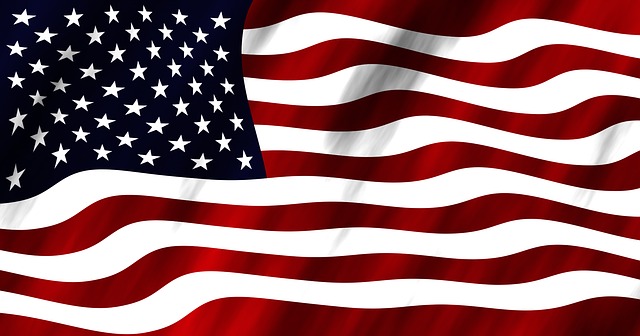Why Veterans Are Choosing Pace
According to The National Conference of State Legislatures, “More than one million military veterans and their families are taking advantage of the Post 9/11 GI Bill to attend college.”
The Post 9/11 GI Bill, which was ratified in 2008, is a U.S Department of Veterans Affairs (VA) program for veterans that have served at least 90 days of “aggregate active duty service” after September 10, 2001 and are still on active duty, or those who have been honorably discharged or discharged with a service-connected disability after 30 days.
The bill along with the Yellow Ribbon Program allows these veterans, or their dependents, to receive benefits to cover college tuition and fees plus a monthly housing stipend.
However, the bill does not allow veteran students to choose any school that they’d wish to attend. Institutions such as colleges, universities, and trade schools must volunteer to enter an agreement with VA in order for veterans to receive these benefits.
According to Pace’s Adviser for the Student Veterans of America (SVA) Chapters in New York City and Westchester, Professor Robert Rahni, who leads all veteran initiatives and programs university-wide as well as serving as an adjunct instructor of Psychology, Pace University is one of those institutions and has been selected by G.I Jobs Magazine and Victory Media as a military friendly school for each consecutive year since 2011, an honor awarded to only 15% of all colleges, universities, and trade schools nationwide.
“Pace is actually one of the easier universities for veterans to get into because most of us will have a varying quality of transcripts,” said Army veteran and Pace student, Chris Nocket. “Most of us have been out of high school for a minimum of four years, for me it’s been fifteen. Pace will give you the benefit of the doubt even if you have a terrible transcript. [Pace] will let [veterans] enroll as a non-matriculated student to basically prove that you’re not going to drown.”
The process for veterans to enroll at Pace is the same as traditional college applicants, but Pace evaluates veteran applicants holistically taking into consideration the time that has elapsed since their last formal academic coursework when veterans were in the service.
“One of the key elements that we pride ourselves on is having a fundamental understanding of a wide array of service members’ specialties in the military,” Rahni said. “There have been an immense number of studies done about the skills that veterans obtain within the service, whether it is acquired through the service or it is innate to them then enhanced through the service, and how easily transferable those skills are to the civilian sector. We work very closely with both Pace’s career centers and external organizations to help our veterans civilianize their resumes.”
According to Rahni, there is a population of 363 veteran students at Pace, which includes 7 at the Elisabeth Haub School of Law with an additional 105 veteran dependents and two military spouses, which is “on par” with other military friendly benchmark institutions such as Fordham University. In addition, Best For Vets, a nationally recognized military organization, ranked Pace the 47th military friendly school in the nation for 2016.
Many veteran students at Pace have been referred to the university by other members of the military.
“Pace is one of the top universities in the country especially in terms of job referrals,” said Nocket. “I think word of mouth is a big thing. Military is really close knit in a lot of ways so if you served with someone and you know that they live in your neck of the woods and tell you that they’re studying at Pace and that it’s a good education and has good professors then why not? It’s going to position you for a good career especially if you apply yourself.”
Although most veteran students are grateful to be receiving an education at Pace, like any school, there is always room for improvement.
“I think one thing that I would like to see is a bigger traditional student and student veteran collaboration,” said student and Marine veteran Dayvon Smith. “I think there is a big misconception about what the military is actually like as opposed to what people see on TV or in video games.”
Rahni echoes these sentiments.
“We’re constantly striving to bridge the gap between our student veterans and overall student population. It is critical from an integration standpoint,” said Rahni. “While this certainly been attained to some degree, we welcome collaboration from the more than fifty organizations under Student Association and our SVA Chapters.”
Your donation supports independent, student-run journalism at Pace University. Support the Pace Chronicle to help cover publishing costs.


